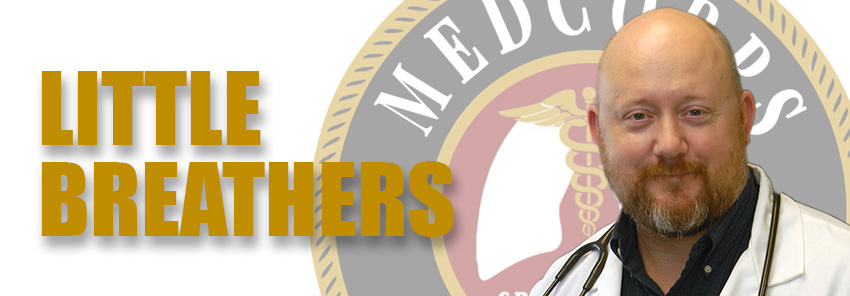
Understanding Obstructive Sleep Apnea: A Guide for Patients
By Allen L. Silvey, Jr., DO
If you or a loved one have been diagnosed with obstructive sleep apnea (OSA), it's important to gain a clear understanding of this condition to effectively manage it and improve your quality of life. This article aims to explain the basics of obstructive sleep apnea: its symptoms, causes, and available treatment options.
What is Obstructive Sleep Apnea?
Obstructive sleep apnea is a sleep disorder characterized by repeated episodes of breathing cessation (stopping or slowing) during sleep. These interruptions in breathing can range from a few seconds to minutes and can occur numerous times throughout the night. The word "obstructive" refers to the blockage or narrowing of the airway that hinders the normal flow of air into the lungs.
Causes and Risk Factors
The primary cause of obstructive sleep apnea is the relaxation and collapse of the muscles and tissues in the throat that obstruct or block the airway. When the airway becomes partially or completely blocked, the oxygen level in the blood decreases leading to brief awakenings, consciously or unconsciously, to restore normal breathing. Common risk factors for developing OSA include:
- Obesity:
- Age:
- Gender:
- Family History:
- Certain anatomical factors:
- Lifestyle factors:
Excess weight can put pressure on the airway, increasing the likelihood of obstruction. This is the #1 risk factor.
OSA can affect individuals of any age group, but it becomes more prevalent as people get older.
Men are more prone to developing OSA than premenopausal women, although the risk equalizes after menopause.
Having a family history of OSA may increase the likelihood of developing the condition.
Enlarged tonsils (most common cause in children and teens), a deviated septum, or a narrow throat can contribute to airway obstruction.
Smoking, alcohol consumption, sedative use, and poor sleep habits can all increase the risk of OSA.
The signs and symptoms of obstructive sleep apnea can vary among individuals. Common symptoms include:
- Loud and chronic snoring
- Gasping or choking during sleep
- Daytime sleepiness or fatigue
- Morning headaches
- Difficulty concentrating or memory problems
- Irritability or mood changes
- Frequent awakenings during the night
- Dry mouth or sore throat upon waking
- Waking up not feeling well rested
Diagnosis and Treatment: If you suspect you may have obstructive sleep apnea, it is important to consult with a pulmonologist. They will conduct a thorough evaluation which may involve a sleep study (polysomnography) to monitor your sleep patterns, oxygen levels, and other vital signs. We offer convenient home sleep tests that can be done in the comfort of your own bed, but patient's with some medical conditions may need to do a sleep study in a sleep lab.
Treatment for obstructive sleep apnea depends on the severity of the condition. Some common approaches include:
- Lifestyle modifications:
- Continuous Positive Airway Pressure (CPAP):
- Oral appliances:
- Surgery:
Losing weight, quitting smoking, avoiding alcohol and sedatives, oral devices, and establishing regular sleep patterns can help alleviate mild cases of OSA.
This is the most common treatment method for OSA and is considered the gold-standard. It involves wearing a mask (under the nose, over the nose, or over the nose and mouth) during sleep that delivers a continuous flow of air pressure to keep the airway open. You can read one of my prior articles about alternative treatment methods that do not require CPAP CLICK HERE
Custom-fit devices can be used to reposition the jaw and tongue to keep the airway open during sleep.
In some cases, surgical procedures may be recommended to remove excess tissue, correct anatomical abnormalities, or reposition the jaw.
Obstructive sleep apnea is a common sleep disorder that can have a significant impact on your overall health and well-being. Recognizing the symptoms and seeking appropriate medical intervention is crucial for effective management. By understanding the causes, risk factors, and treatment options available, individuals with OSA can take proactive steps towards a better night's sleep and improved quality of life.
Give us a call at 856-352-6572 to schedule an appointment



